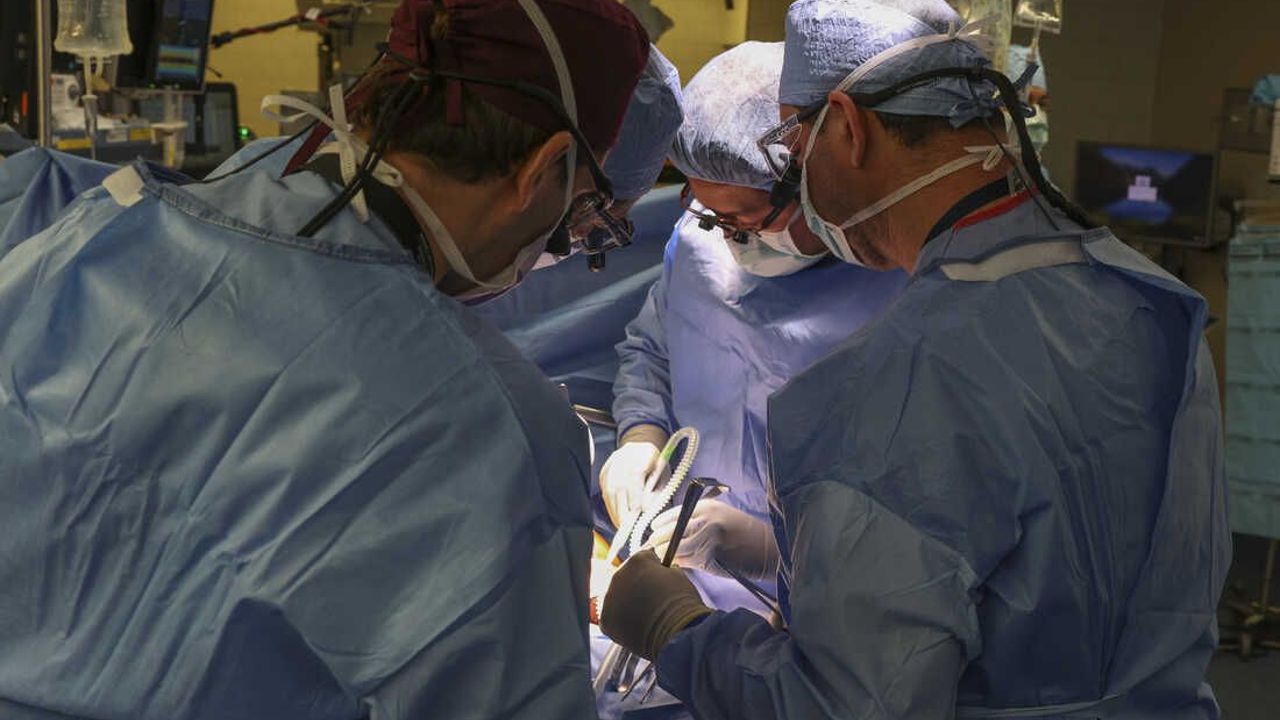Genetically modified pig kidney successfully transplanted into living patient in US
Massachusetts General Hospital (MGH) performs first-ever transfer of genetically edited pig kidney into live person, a significant step forward in medicine

A group of doctors at Massachusetts General Hospital (MGH) have done the first-ever transfer of a genetically edited pig kidney into a live person. The hospital revealed this huge step forward in medicine on Thursday, saying that the four-hour surgery took place on Saturday and featured a man who is 62 years old and has end-stage kidney disease.
Organ shortages are a problem all over the world, but the process gives people hope. There are more than 1,400 people waiting for a kidney replacement at MGH alone right now. In a statement, MGH said, "This procedure marks a major milestone in the quest to make organs more readily available to patients."
A member of the surgery team Dr. Tatsuo Kawai was optimistic about the innovative transplant approach's possible effects, saying "Our hope is that this transplant approach will offer a lifeline to millions of patients worldwide who are suffering from kidney failure."
The hospital said that the pig kidney used in the historic donation had been genetically modified to get rid of dangerous pig genes and add certain human genes.
The person who got the groundbreaking transplant is Richard Slayman from Weymouth, Massachusetts. He is said to be healing well at MGH and will be sent home soon.
Slayman, who has Type 2 diabetes and high blood pressure, had a human kidney donation in 2018. Five years later, it started to fail, so he had to start using dialysis. "I agreed to the pig kidney transplant not only as a way to help me but also as a way to give hope to the thousands of people who need a transplant to survive," Slayman said about his decision to go through the unusual process.
Notably, Slayman's nephrologist, Dr. Winfred Williams, talked about how these kinds of advances could help fix health gaps, especially among racial and ethnic minorities who have a higher rate of kidney disease. "An abundant supply of organs resulting from this technological advance may go far to finally achieve health equity," he said.
Xenotransplantation, the transfer of parts from one species to another, is a growing area of medical study. Pig kidneys have been transferred into brain-dead patients before, but Slayman's case is the first time this has been done on a live person.
Source: AP







